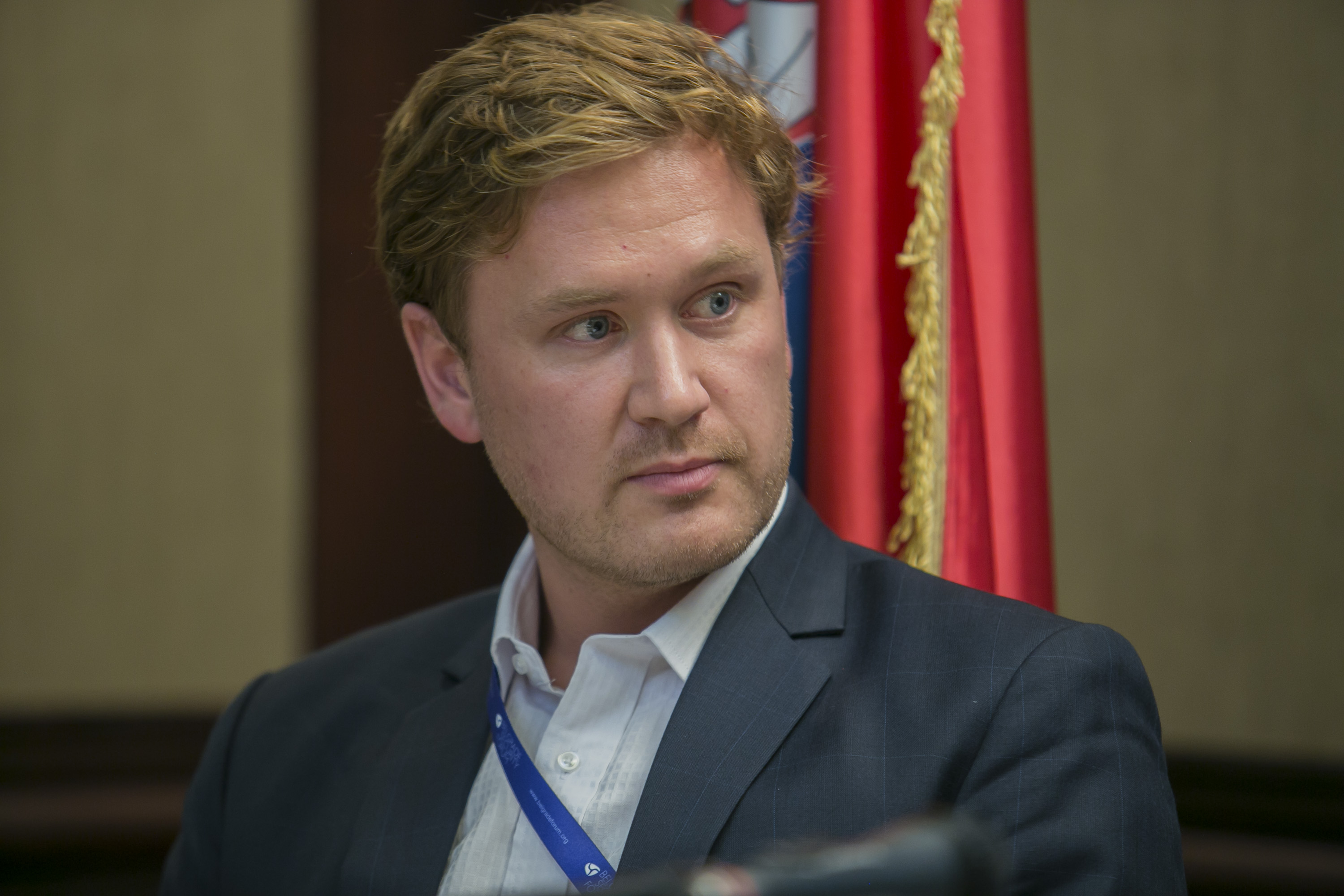BSF Panel 4: Western Balkans Perspectives on the Future of Europe (BFPE in Partnership with FRIEDRICH-EBERT-STIFTUNG DIALOGUE SOUTHEAST EUROPE)
Discussion points:
- What should the European Union that the WB6 countries would like to join be about, what should it seek to achieve?
- What distinct contributions could the WB6 countries make to advancing the European project, how would their membership strengthen the Union?
In the past ten years, the European Union (EU) has faced a long list of serious challenges, from the economic and financial crisis in the late 2000s to the outburst of the Covid-19 pandemic earlier in 2020. These challenges have put the unity of the EU to the test. The need for swift reactions has strained the advancement of a more robust strategic vision.
While a new reflection on the future of Europe has been initiated with the publication of the EU’s White Paper on the Future of Europe in March 2017, followed by President Macron’s speeches in Athens, La Sorbonne, etc…, much remains to be done to rediscover the reasons underlying the European integration process in the first place, rejuvenate the European project and make it again a higher source of inspiration for the citizens of the continent.
Despite all odds, there could not be better timing for this reflection to be intensified. A new Strategic Agenda has been outlined for 2019-2024 and a “Conference on the Future of Europe” has been launched in May 2021 with the aim to overhaul the general functioning of the EU. Key Member States have already put forward a number of proposals. In these times of pandemic, where concerns over short-term contingency plans prevail, reflecting on the future of Europe is more necessary than ever for citizens to be able to look beyond the crisis.
The Western Balkans should participate in, and contribute to, the new reflection on the future of Europe, as their participation is crucial to strengthen a community of purpose connecting the EU and the Western Balkans. Pushing for such inclusion is the aim of the “Western Balkans Perspectives on the Future of Europe” series, launched by the Friedrich Ebert-Foundation Dialogue Southeast Europe (FES SOE) and the Austro-French Centre for Rapprochement in Europe (ÖFZ) in 2020. A series of events in the capitals of the WB6 was organized in the framework of the initiative in order to stimulate an interactive and transnational exchange of views across the region and in Europe on topics that are of essential significance for the future of both the EU and the WB.
The Panel at this year’s Belgrade Security Forum will look at the Western Balkans as “a region (already) in Europe”, i.e. as a region that can and should contribute to the grands débats on the future of Europe. It will explore the possible contribution(s) that Western Balkan societies could make to the making of Europe and reform of the Union, along with two guiding questions:




